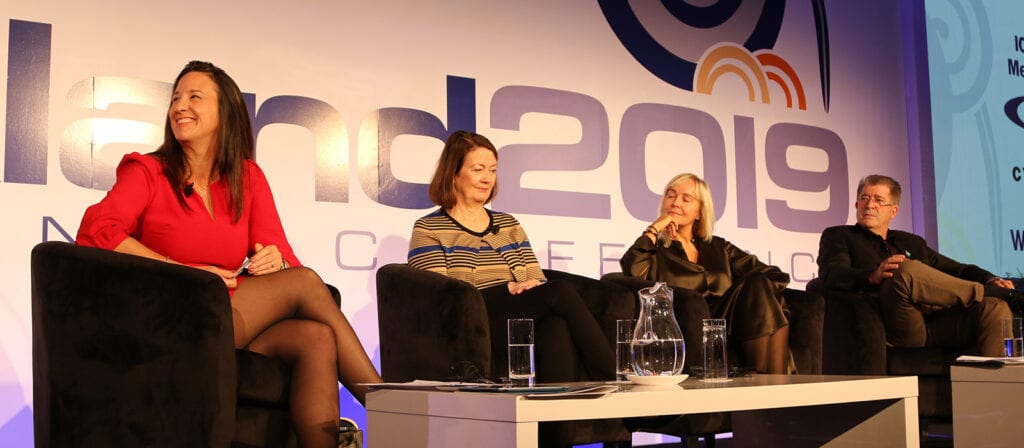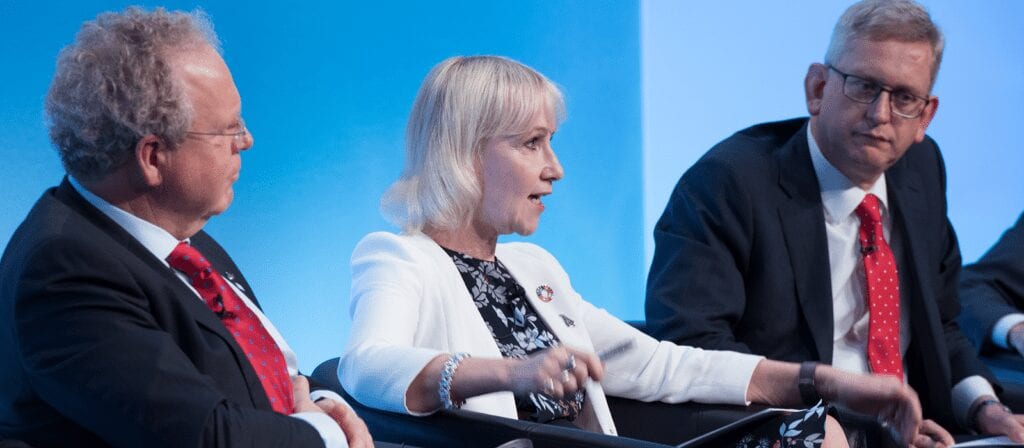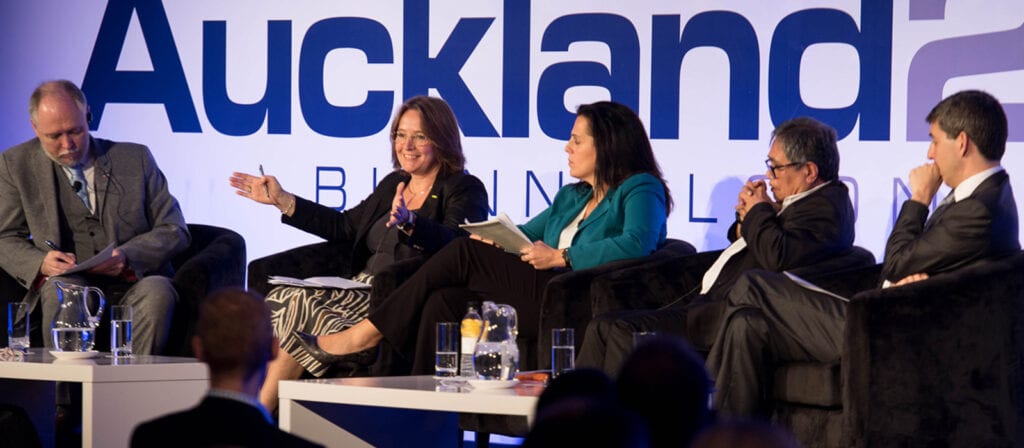Organisational change and transformation
Existing solely to serve its members, puts the customer-centric business model of mutual insurers in a unique position for the future. LB Group (Denmark) believes that insurance is going to change from being a product to being a service with prevention becoming the main focus of an insurer, rather than protection. In order to do this, insurers need to be both customer-centric and able to leverage technology and customer data. The trust that members/customers have in mutual insurers is the key differentiator, as customers will be willing to share personal data with their insurer if they feel that the company is acting in their best interest, using it to prevent them from injury or loss. This will ultimately attract new customers, especially the younger generations, who are already observing a sense of belonging and higher purpose with the peer-to-peer economy (back to the roots of mutuality).
Japan is going through a massive generational change and JCIF is trying to help to solve the nation’s social problems, including ageing population, by enhancing and improving the health and livelihood of communities. The organisation is experiencing a shift in the demographic of workforces and transforming so that younger generations are at the core of the business.
Due to changing customer expectations and the accelerating pace of change, Desjardins General Insurance Group (Canada) is undergoing six business transformations at the same time. Customer centricity, to simplify solutions, improve client interactions, and ensure all business practices are the best interests of members/clients; Digital transformation, embedding digital thinking throughout the organisation. Operational excellence, ensuring lower costs and reducing friction points for the customer (driven by the potential disruption from InsurTech companies); Analytics, leveraging data and analytical capabilities to improve customer interactions; IT system transformation; and finally, introducing a new distribution model following the integration of a significant acquisition to increase its presence outside of Québec.
Innovation
The pace of change, especially around digitalisation, is challenging the traditional way of doing insurance business. At Grupo Sancor Seguros (Argentina), innovation is key to keeping up with this change. The company has set up a new technological and social business incubator (CITES) in Sunchales. Through CITES, Sancor has already partnered with start-up companies in developing a telemedicine app and crop monitor technology. However, this project will not just help the company in terms of product innovation and new solutions, it will also change the business culture in terms of how the company thinks and operates.
Innovating and partnering with InsurTech companies is important for Desjardins too, especially when it can enrich its interactions with members/clients around two key dimensions: prevention and caring. It has partnered with a US company to launch a connected car offering using a smartphone telematics solution, generating many more touchpoints with their customers. It has also partnered with another US-based start-up to provide home sensor technology that detects temperature drops to prevent weather-related losses.
Sustainability
Responsible business and sustainability have always been core to the mutual/cooperative business model and given it a competitive advantage. However, in the light of increased political and consumer pressure, other companies are also looking at their own corporate social responsibility initiatives and how they think about sustainability.
Sustainability is nothing new to Swedish mutual insurer, Folksam. Over the past 30 years, it has had a responsible approach about which industries not to consciously invest in, such as tobacco, gaming and arms manufacturing. However, it is now also looking at how it can invest in a proactive and sustainable way, and over the past two years, has become one of the world’s largest investors in Green Bonds, investing more than USD 2 billion. Not only does Folksam get better returns from these bonds – meaning that it can provide better pensions or lower premiums to customers – but it can also demonstrate global leadership in the fight against climate change and contribute to the UN’s Sustainable Development Goals (SDGs).
Sancor also complies with the SDGs in the context of the UN’s 2030 Agenda. Regulation may eventually lead to insurers being required to show how they act in a sustainable and responsible way and contribute to fighting socio-economic challenges, on a macro and micro level. As a mutual/cooperative business, Sancor feels it should show leadership in terms of sustainability by embedding the SDGs across their business. As part of this, Sancor also too offers risk prevention services.
Culture
Many consider that customer trust and loyalty is what fundamentally differentiates the mutual and cooperative insurance sector from other insurers. This trust is driven by the culture of the company.
At LB Group, maintaining its culture is key to protecting their brand. This culture is embedded in LB’s DNA. Employees are engaged and proud to work for a purpose-driven organisation, which helps it differentiate in terms of level of service. As the interaction between insurer and customer will evolve in the future, LB envisages that this customer trust will enable them act more as “counsellors” to help guide customers in their insurance requirements (rather than “selling a product”).
JCIF have been ranked number one in the Japanese consumer satisfaction index in the life insurance category for four years in a row. Cooperative insurers in Japan offer better insurance products; better service; and charge lower premium. For JCIF, being member-centric and community-based is the differentiator. Shop assistants and delivery staff promote the sales of co-op insurance products whilst selling food and household consumables. This relationship between staff and customers is very much nurtured and developed increasing trust in JCIF amongst its members.
Session panellists:
- Alejandro Simón, CEO, Grupo Sancor Seguros (Argentina)
- Denis Dubois, President and COO, Desjardins General Insurance Group (Canada)
- Anne Mette Toftegaard, CEO, LB Group (Denmark)
- Toshiaki Sato, President, JCIF (Japan)
- Jens Henriksson, President and CEO, Folksam (Sweden)
- David Rainbow, Managing Director, Willis Re International (UK), moderator





